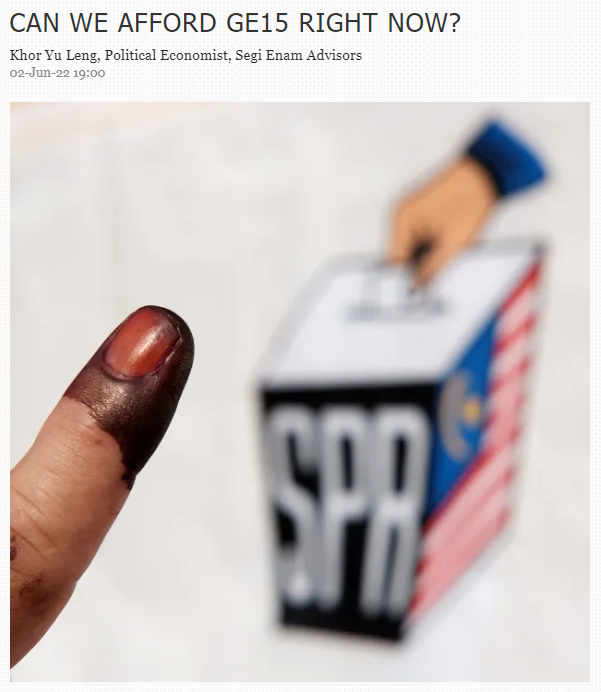Food security concerns have been in the forefront of the minds of various nations within Southeast Asia following the Russia-Ukraine war. According to the United Nations, “global food prices have risen by nearly one-third, fertilizer by more than half, and oil prices by almost two-thirds” in the past year.
China Daily published an interesting article on the matter, in which Segi Enam Advisors were quoted:
“In Southeast Asia, there is an opportunity in the crisis in cooking oil,” said Khor Yu Leng, research head for Southeast Asia at Singapore-based consultancy Segi Enam Advisors.
Khor told China Daily that palm oil exports can fill the gap when other vegetable oils like rapeseed oil and sunflower oil, of which both Russia and Ukraine are key exporters, are in tight supply.
“My check of vessel movements from Indonesia shows a big rise in palm oil tankers going to the Commonwealth of Independent States (and) Russian region,” said Khor.
While Thailand, also a palm oil producer, pulled back on domestic use of the product in biodiesel to ensure food supplies, Malaysia and Indonesia are sticking to diverting it into domestic transport fuel with 20-30 percent biofuel blending mandates, said Khor.
Read the full article here: Asian nations enhance food security amid Russia-Ukraine conflict












